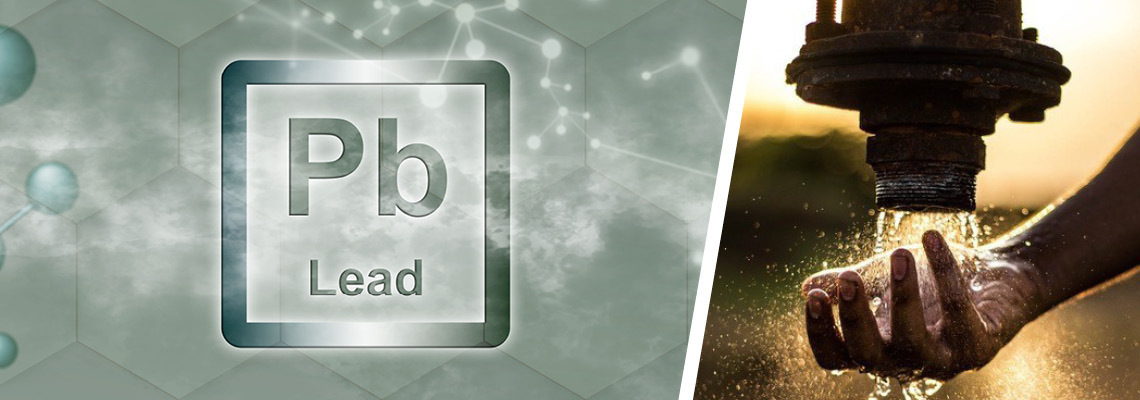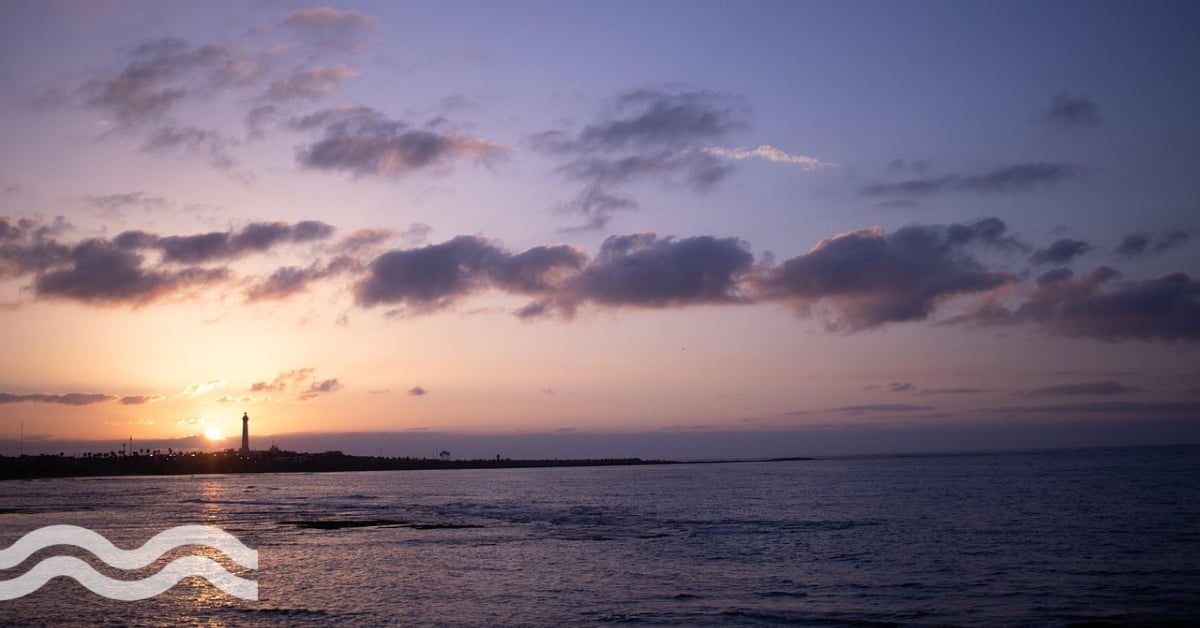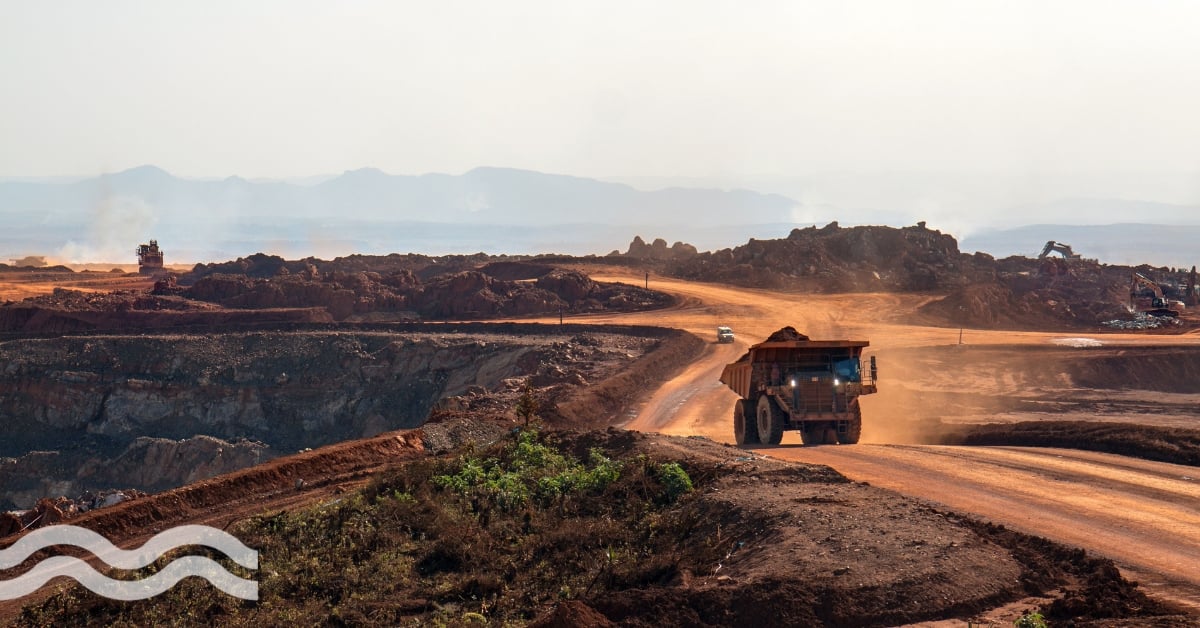Drinking water in West Africa contaminated with lead, finds study

A new study has warned of lead-contaminated drinking water supplies in West Africa after testing local community water systems.
How bad is it?
A new study from the University of Leeds, the University of Carolina at Chapel Hill and Boston University has warned of lead-contaminated drinking water supplies in West Africa after testing local community water systems.
Of the 61 community water supply systems that have been tested, 80 per cent were found to have contained a minimum of one component of lead.
Ghana, Mali and Niger are the countries in question, and the study, Occurrence of Lead and other Toxic Metals Derived from Drinking-Water Systems in three West African Countries, took samples from 61 water distribution systems, as well as from an additional 200 water taps and boreholes.
Of the samples taken, 60 per cent were found to contain lead below the World Health Organisations (WHO) guidelines - nine per cent of the samples exceeded these guidelines.
Where drinking water was contaminated, the mean value of lead in the water was approximately 8 micrograms in a litre of water, with the results ranging from 0.5 - 15 micrograms/litre.
The WHO guidelines on lead contamination of drinking water specify it must not exceed ten micrograms/litre of water.
“Of 61 community water supply systems tested, 80 per cent were found to have contained a minimum of one component of lead.”
Researchers found they could 'significantly' link the lead contamination to lead components from the water system.
Of the 130 plumbing components that were tested, 82 per cent had a lead level that exceeded the 0.25 per cent maximum outlined by the International Plumbing Code (IPC).
While lead contamination has been researched in higher-income countries, including the recent Newark lead contamination crisis in 2019, this has been less so in middle to low-income countries.
It is estimated that 184 million people still used boreholes with handpumps to access water in Sub-Sharan Africa, and 112 million use rural piped supplies.
The effects of lead contamination
Lead is recognised as a potential neurotoxin and, if consumed, can lead to health effects including lowered IQ in children and increased risk of behavioural disorders.
For adults, the “more lead you have in your body, the more likely it is you’ll have health problems”, according to the National Institute of Environmental Health Sciences.
These health problems can include cardiovascular effects, nerve disorders and decreased kidney function, among others.
The World Health Organisation (WHO) states lead is known to cause “direct health impacts through drinking water”.
A call to action?
Jamie Bartram, Professor of Public Health and Environment at the University of Leeds believes the situation in West Africa could be the call to action that is needed to address the lead contamination crisis.
"We have an opportunity for effective prevention and improved water supply practice worldwide. The required actions are overdue and unquestionably beneficial. The cost of ensuring that components are lead-safe is negligible," he said.
Bartram went on to say a need for using 'certified-safe components' would have multiple benefits while reducing the risk of other hazardous contaminants.
"We have an opportunity for effective prevention and improved water supply practice worldwide.”
The study calls on manufacturers to discourage the use of unsuitable components through explicit labelling and engagement in professional networks, as a possible solution to phase out lead components.
A need for collaboration with communities, manufacturers and governments is cited as the solution to this growing crisis.


